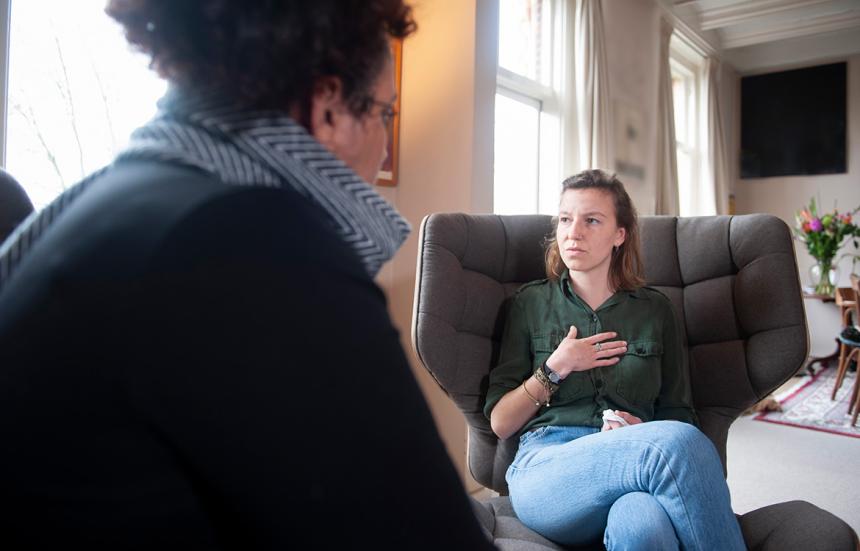PTSD from a Pandemic? You Bet

PTSD is a mental health condition that can develop after a traumatic event. The event may be shocking, frightening or dangerous, which is why many of us associate PTSD with war. While it’s true that recent veterans are more likely to have PTSD than the rest of us, anyone can get it. During a pandemic, frontline health and human services workers are at especially high risk.
Usually, you develop PTSD when you directly experience or witness a traumatic event, or if someone close to you was threatened by one. A pandemic creates several unique circumstances that, for some people, can be traumatizing enough to trigger PTSD – or worse.
Symptoms of PTSD
Symptoms of PTSD can overlap with other mental health conditions. Having one or more typical PTSD symptoms doesn’t mean you’ve got the condition, but it can help a medical professional narrow down the list of possible causes.
In general, some of the symptoms mental health experts look for include:
- Intrusive memories, including flashbacks and nightmares
- Avoiding thinking or talking about the traumatic event
- Negative thinking or changes in mood
- Always being on guard for danger
- Trouble sleeping or concentrating
- Irritability, angry outbursts or aggressive behavior
Who’s at Risk?
Experiencing or witnessing a traumatic event doesn’t mean you’ll end up with PTSD. Combat soldiers come home from war without PTSD. Many doctors and nurses caring for COVID-19 patients won’t develop it. If you’ve cared for a loved one with COVID-19 – who did or didn’t make it through – you won’t necessarily get PTSD, either. But be aware that it is possible.
In addition to going through a traumatic experience, these factors can also play a role in the development of PTSD:
- Family history of anxiety, depression, or other mental health concerns
- Your general temperament
- The way your brain regulates stress chemicals and hormones
- Lack of a good support system
Coping with PTSD
After experiencing a traumatic event, many people have PTSD-like symptoms at first. Fear, anxiety, anger, depression, and guilt are common reactions. Usually, they fade in intensity over time and don’t interfere with normal, daily functioning for long.
If the symptoms get worse, or last for months, tell your MDVIP-affiliated doctor. You may need medical treatment and/or a referral to a mental health professional to reduce the impact of these emotions on your life.
You can also make conscious efforts to de-stress your mind. This, in turn, will slow down the stream of stress surging through your body, and ultimately harming your health.
Scale back your media exposure. There’s very little information in the media, including social media, that you actually need to hear more than once or twice a day.
Take care of your body. Deep breathing, stretching, meditation and exercise can all mitigate the body’s stress response.
Make sleep a priority. Sleep can be hard to come by when you have PTSD – or even run-of-the-mill anxiety. But it’s one of the most important things you can do for your mental and physical health. Ask your MDVIP-affiliated doctor about ways you can get a better night’s sleep, which may include lifestyle strategies and/or short-term medication.
When your body and mind get the rest they need, you may find you’re better able to face the daily challenges of life during the coronavirus epidemic – with or without other treatments.
